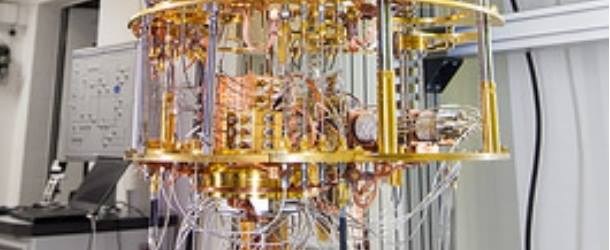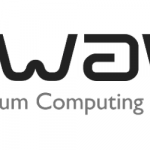IBM Reduces Noise in Quantum Computing

(TechRepublic) IBM researchers found a method to reduce noise in quantum computing by amplifying noise at measurable intervals, and extrapolating a difference to calculate a “zero-noise” result. IBM’s advancement brings practical use of quantum computers for businesses one step closer to reality, as enterprises are increasingly turning to quantum computers for path optimization and other logistics tasks.
The effects of environmental noise on quantum computers can be quite dramatic, even in small quantities. Zero-noise extrapolation is, essentially, the idea that, “if you had some way of controllably amplifying the strength of your noise, you could then extrapolate back to what your quantum computer would have been able to compute in the absence of that noise,” IBM research scientist Abhinav Kandala told TechRepublic.
This method has produced observable benefits when using quantum computers, providing the ability to access longer circuit depths.



















